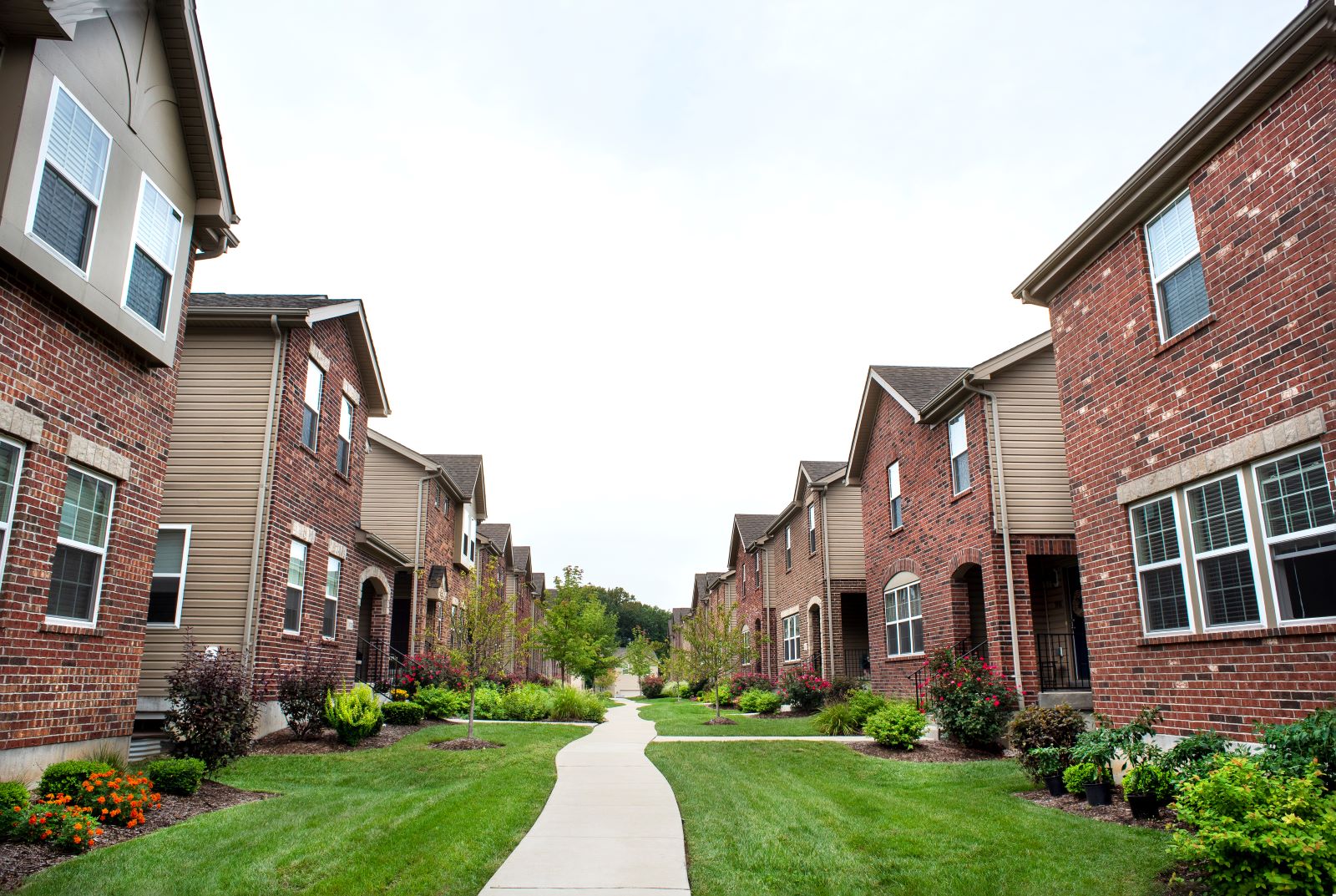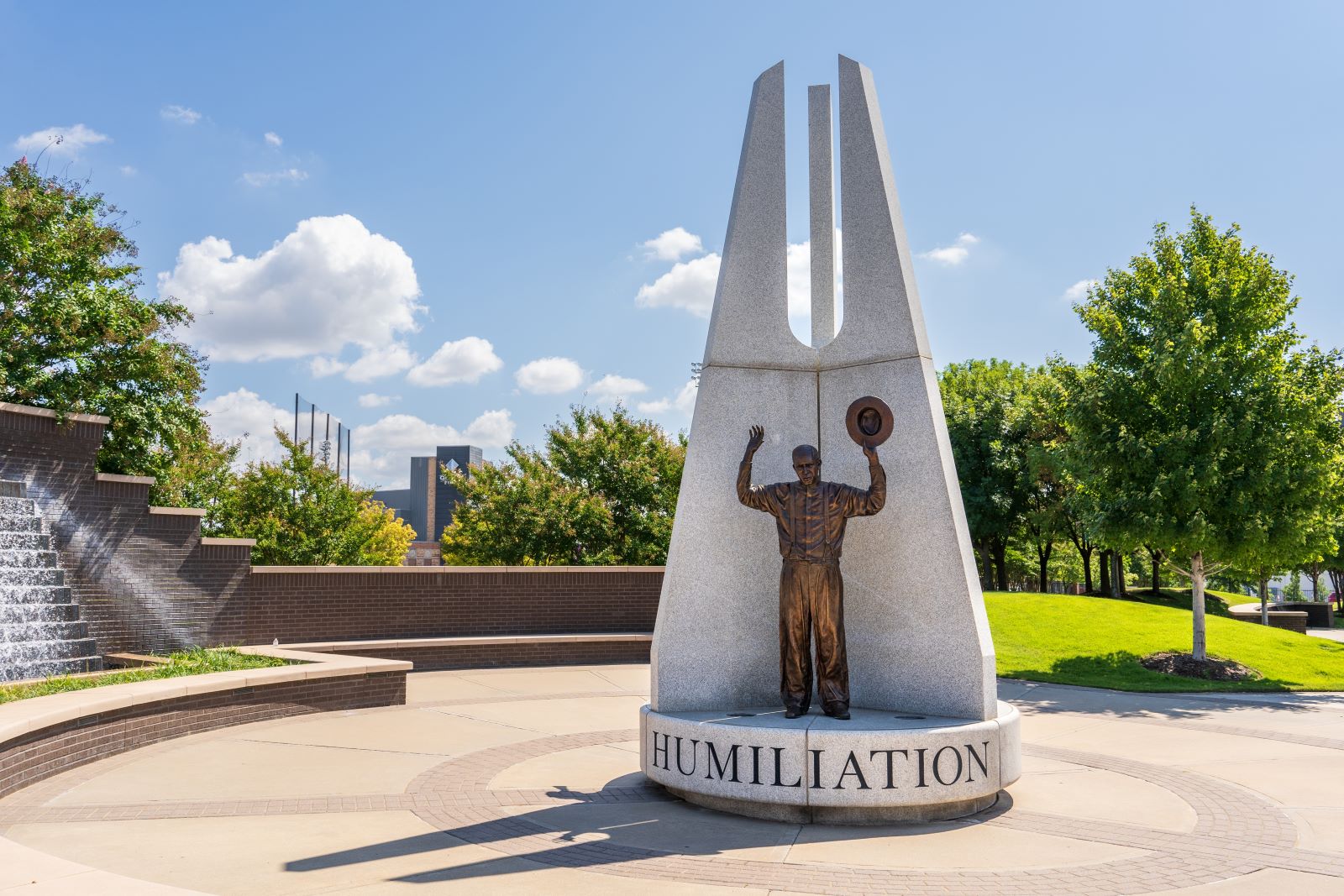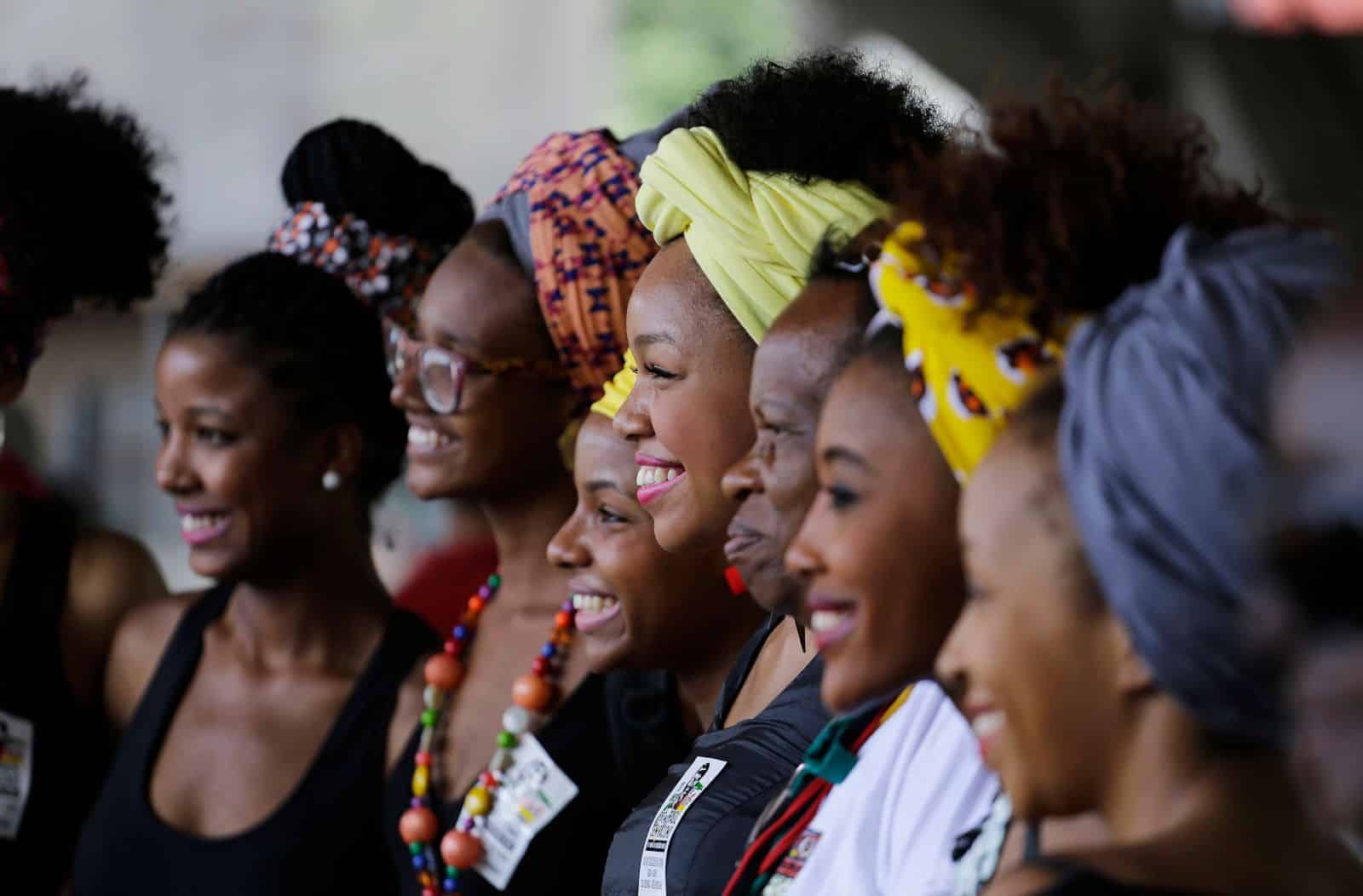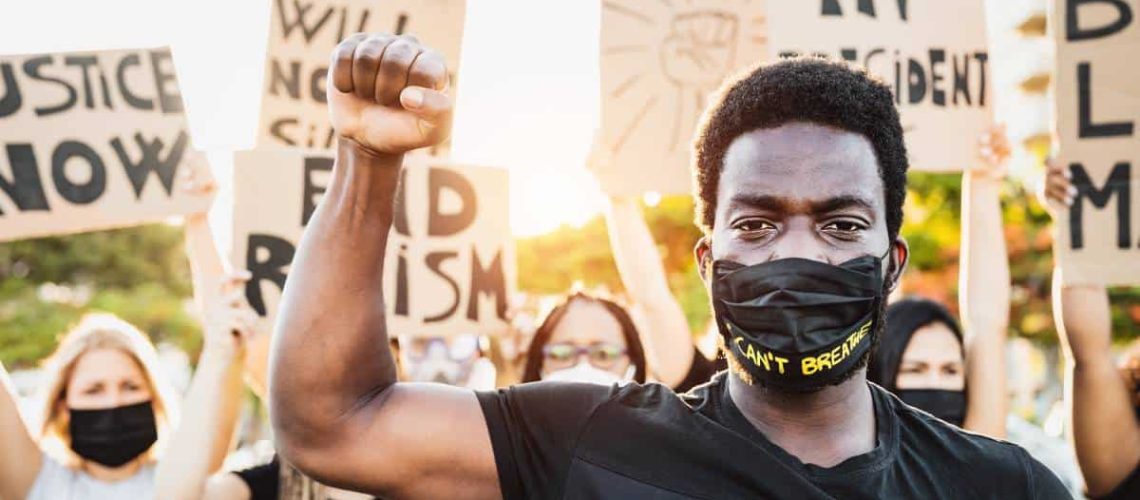The debate over reparations for Black Americans is complex, but there are numerous reasons why some say reparations are long overdue. What do you think?
1. Historical Injustices of Slavery

Slavery was a brutal and dehumanizing system that forcibly brought millions of Africans to America. They were subjected to inhumane treatment, unpaid labor, and a complete lack of rights. This exploitation built the foundation of America’s economy but left Black Americans with nothing.
2. Economic Disparities

The wealth gap between Black and white Americans remains significant. According to the Federal Reserve, the median wealth of white families was $188,200 in 2019, compared to just $24,100 for Black families. This disparity is rooted in historical injustices and systemic racism.
3. Redlining and Housing Discrimination

Redlining practices in the 20th century denied Black families access to mortgages and homeownership, which is a primary way families build wealth. This systemic discrimination has had lasting impacts on the economic mobility of Black Americans.
4. Jim Crow Laws

For nearly a century after the Civil War, Jim Crow laws enforced racial segregation and disenfranchised Black Americans. These laws deprived Black people of basic civil rights and opportunities for economic advancement.
5. Mass Incarceration

The War on Drugs and other policies have disproportionately targeted Black communities, leading to mass incarceration. Black Americans are incarcerated at more than five times the rate of white Americans, which disrupts families and communities and limits economic opportunities.
6. Healthcare Disparities

Black Americans face significant health disparities due to systemic racism in healthcare. They have higher rates of chronic conditions, lower life expectancy, and less access to quality healthcare.
7. Education Inequality

Black students often attend underfunded schools with fewer resources, leading to disparities in educational outcomes. This has long-term effects on their economic opportunities and overall quality of life.
8. Employment Discrimination

Black Americans face discrimination in hiring, wages, and promotions. This systemic bias limits their economic mobility and contributes to the racial wealth gap.
9. Destruction of Black Wall Street

The 1921 Tulsa Race Massacre destroyed a thriving Black business district known as Black Wall Street. This act of racial violence obliterated Black wealth and economic progress in the area.
10. Stolen Labor and Unpaid Wages

During slavery, Black Americans were forced to work without compensation, building wealth for others while being denied the fruits of their labor. The economic value of this stolen labor is immense.
11. Environmental Racism

Black communities often live in areas with higher exposure to environmental hazards, leading to health problems and decreased property values. This environmental racism affects their quality of life and economic stability.
12. G.I. Bill Exclusion

After World War II, the G.I. Bill helped many veterans buy homes and get an education. However, Black veterans were often excluded from these benefits due to discriminatory practices, widening the racial wealth gap.
13. Police Brutality

Black Americans disproportionately face police violence and brutality. These experiences cause physical and psychological trauma, disrupt communities, and perpetuate fear and mistrust.
14. Unequal Access to Capital

Black entrepreneurs face significant barriers in accessing capital to start and grow businesses. This limits their economic opportunities and ability to build generational wealth.
15. Systemic Racism in the Legal System

The legal system has historically and continues to disproportionately target and punish Black Americans. This systemic bias affects their economic stability and access to justice.
16. Legacy of Lynching and Racial Terror

The history of lynching and racial terror has left deep scars on Black communities. These acts of violence were intended to instill fear and suppress Black advancement.
17. Cultural Appropriation

Black culture has been appropriated and monetized by others without proper recognition or compensation to the creators. This exploitation perpetuates economic disparities.
18. Generational Trauma

The cumulative impact of slavery, segregation, discrimination, and systemic racism has caused generational trauma in Black communities. This trauma affects mental health, community cohesion, and economic stability.
Reflecting on the Need for Reparations

Reparations are not just about compensating for past wrongs; they are about addressing ongoing inequalities and creating a fairer society. Acknowledging and rectifying these historical and systemic injustices is essential for true racial equity. How much longer will we ignore these critical issues, and what steps can we take to ensure justice and reparations are finally realized?
21 Beliefs About the Bible That Are Actually False

The Bible is one of the most discussed and debated books in history, yet many common beliefs about it are more myth than fact. How many of these misconceptions have you heard before? 21 Beliefs About the Bible That Are Actually False
21 Subtle Racisms That Are Commonplace in America

Racism in America isn’t always overt; it often hides in plain sight through subtle actions and attitudes. How many of these subtle racisms have you noticed around you? 21 Subtle Racisms That Are Commonplace in America
Only Legal in America: 21 Things You CAN’T Do in the Rest of the World

The U.S. dances to its own beat, especially when it comes to laws that make the rest of the world do a double-take. Here’s a lineup of things that scream “Only in America,” sticking strictly to what’s written in the law books. Ready for a tour through the American legal landscape that’ll leave you wondering if freedom might just be a bit too free? Only Legal in America: 21 Things You CAN’T Do in the Rest of the World
Featured Image Credit: Shutterstock /AlessandroBiascioli.
For transparency, this content was partly developed with AI assistance and carefully curated by an experienced editor to be informative and ensure accuracy.

